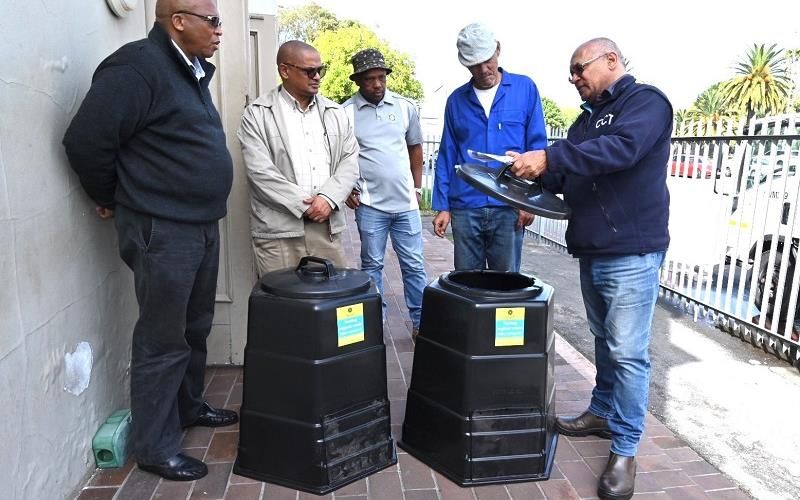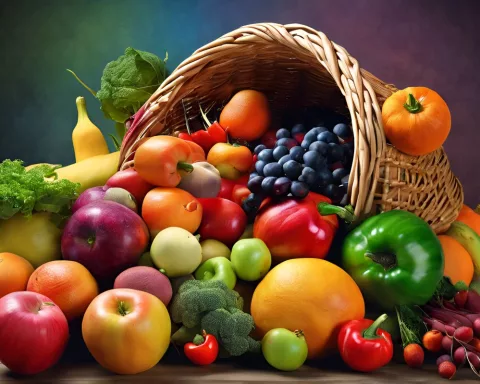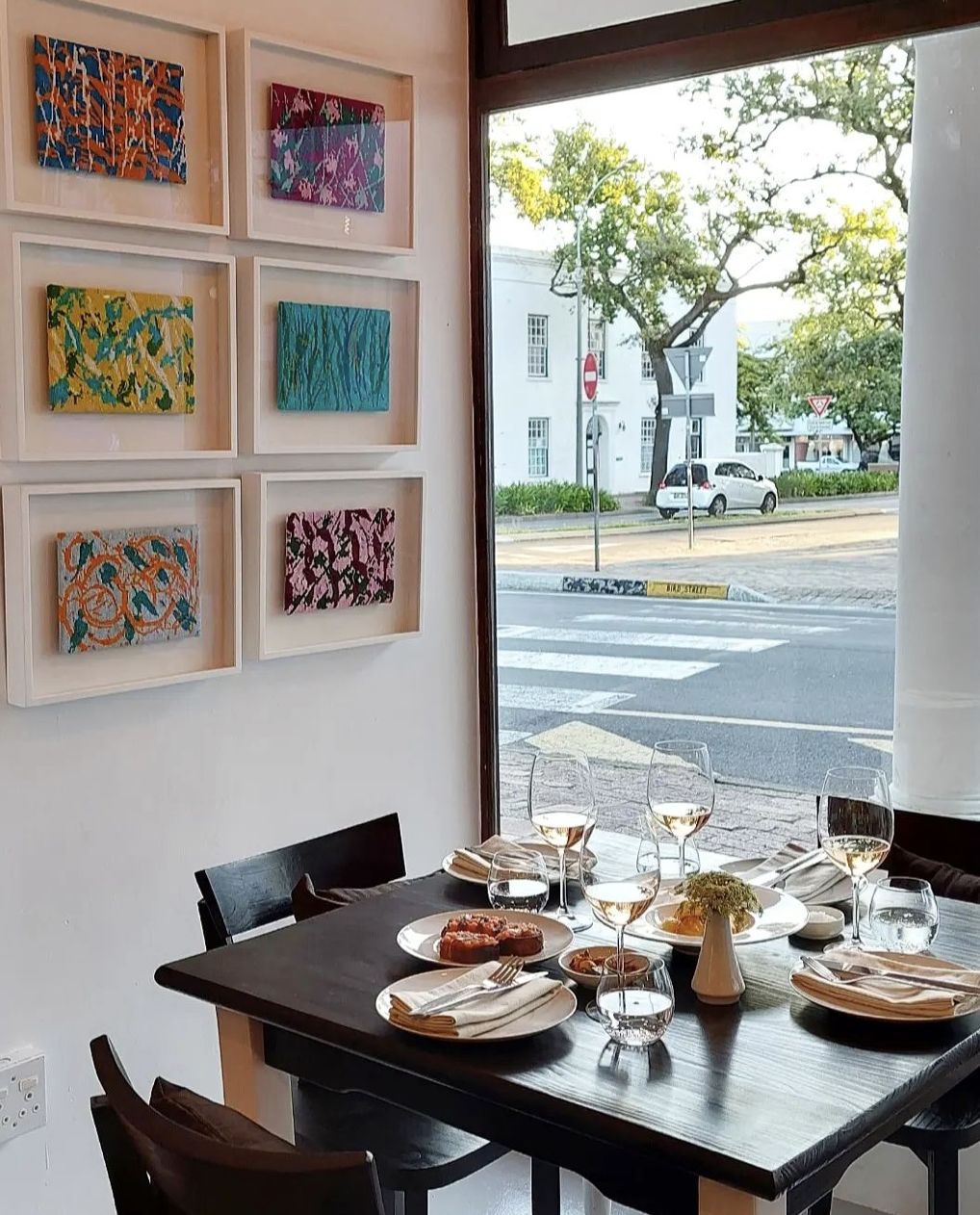Home composting is an effective and straightforward way to reduce waste and decrease greenhouse gas emissions. By composting organic waste, you can turn it into nutrient-rich soil that can be used for gardening and landscaping purposes. It can also help households save money on waste disposal costs and reduce reliance on chemical fertilizers.
City of Cape Town’s Home Composting Programme
The City of Cape Town’s home composting initiative is an excellent illustration of how local governments can promote sustainable living practices. The programme distributes free composting containers to households, making it easy for residents to start composting at home. The scheme has been successful in diverting organic waste from landfills, resulting in a decrease in greenhouse gas emissions.
Indoor Composting
Composting is not limited to households with gardens. Even those who live in apartments can participate in composting through indoor systems that use worms to break down organic waste. These systems are compact and can be stored in closets or under kitchen sinks.
Composting and Sustainability Education
Composting can also help promote sustainability education among children. By engaging kids in the composting process, they can learn about the importance of conserving natural resources and reducing waste. Composting can also be a fun, interactive activity that the whole family can engage in.
Additional Ways to Reduce Food Waste
Aside from home composting, there are other ways to reduce food waste and promote sustainability. Planning meals, buying only what is needed, and storing food correctly can all help minimize the amount of food that ends up in landfills. Donating excess food to local food banks or community organizations is another way to reduce waste and benefit those in need.
Conclusion
As individuals, we can all take small steps to reduce our environmental impact. Starting a compost bin at home is a simple yet effective way to contribute to a more sustainable future. The City of Cape Town’s home composting programme is an excellent example of how local governments can support sustainable living practices and reduce greenhouse gas emissions.












